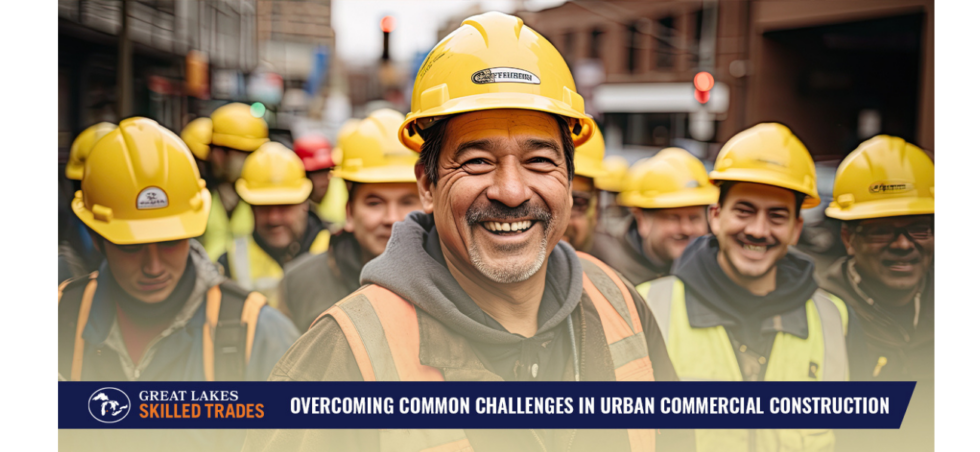As a doctor once said to a patient who developed arthritis ten years after a car accident, “Your body can handle anything in your 20s and 30s. But once you hit 40, it starts catching up with you.” This is equally true if you work a tough physical job such as the skilled trades. You might be able to get away with neglecting your health for the first few years, but if you want a long and productive career, now is the time to start taking care of yourself. Here are a few tips.
Follow Safety Protocols
You won’t have time to start worrying about bad knees or an aching back if you fall off a roof or get electrocuted first. The skilled trades can be dangerous, with many jobs taking place at height or involving hazardous materials. Always follow your safety training and use proper PPE (personal protective equipment). No matter how much of a hurry you might be in, never skimp on safety.
Use Ergonomic Procedures
Many tasks performed in the skilled trades involve protracted and repetitive lifting, bending, crawling, and other physical movements. Talk to your supervisor or an experienced member of your team about ways to properly perform these movements in a way that reduces repetitive strain injuries. If you have any known problem areas, such as a trick knee or a sketchy shoulder, consider working with a physical therapist for a few sessions. You can learn how you can compensate without damaging other parts of your body.
Get Regular Health Screenings
Regular checkups are important for everyone, especially if you do physical work. Your doctor can determine whether a nagging sore spot is just a muscle knot or something more serious. They can also catch any emerging issues with your heart, lungs, or other vital organs before you wind up having a serious issue on a job site.
Pay Attention to Mental Wellness
Don’t forget about your mental health. Overwork is common in the skilled trades, which can lead to anxiety, depression, and even self-medicating with drugs or alcohol. Carve out some time every day to do things that bring you joy. Check with a mental health professional if you feel out of sorts for more than a few days.
Climb the Career Ladder
One of the best ways to reduce the strain on your body is to stop doing the most physically demanding work. Climbing the career ladder offers a bigger paycheck and more responsibility while also removing you from the hardest day-to-day physical challenges. And you don’t have to go to a corner office if that’s not your thing. You can become a crew boss and still spend every day onsite, just with more leadership and fewer physical tasks.
Ready for a New Skilled Trade Position?
At Great Lakes Skilled Trades, we specialize in connecting professionals in the skilled trades with contractors who need their services throughout the Great Lakes region. If you’re a skilled trade worker looking for your next position, check out our available jobs today!









